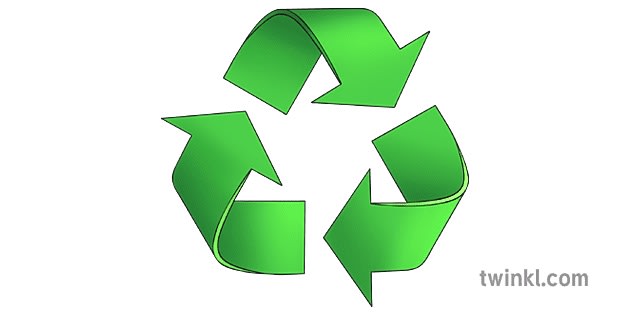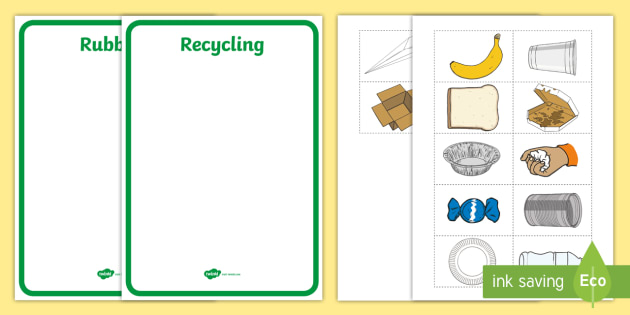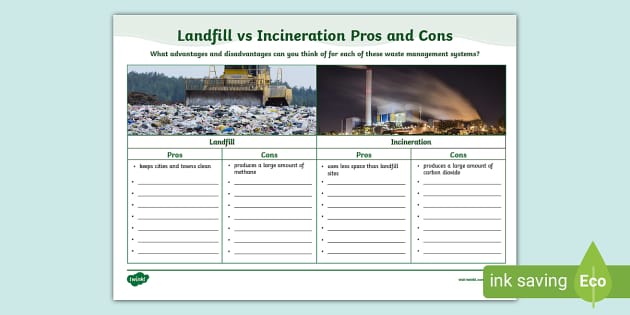

Recycling is the process of converting waste materials, that would usually be thrown away, into new materials and objects. Recycling waste reduces the amount of harmful materials produced and reduces energy usage, therefore benefitting the environment.
 What are Recyclable Materials?
What are Recyclable Materials?Not all materials can be recycled, but there are plenty of materials that can and should be recycled. Recyclable materials include:
If you are unsure about whether you can recycle something or not, there is usually information on the packaging, or your local council should be able to let you know.
Now you know a bit more about recycling, you might be wondering, 'why should we recycle?'. There are lots of great reasons as to why we should recycle, including:
Teaching your children about recycling? Take a look at this collection of recycling teaching resources.
As soon as children are old enough to begin tidying away their own spaces, or helping the teacher or parent to clean up, they should be informed about recycling.
Recycling is the process of collecting and re-using materials that we would usually have thrown away with the rest of our rubbish. By recycling, we can minimise the number of harmful pollutants in the atmosphere by making sure these materials are kept away from landfills, which produce a lot of greenhouse gases.
The main things that we recycle are:
You can also help minimise the amount of food waste that ends up in landfills by composting fruits, vegetables and any other dead plants.
Include our fabulous Recycling Bin Display Labels to make recycling a much more enjoyable and organised process within the home or classroom. These labels have all the different types of recycling bins that they may encounter, and each label tells them specifically what goes where!
There are also activities, story PowerPoints and writing frames available on the site in the Eco, Recycling and Environment category.
One of our top resources within this category is the brilliant Junk Jumble Recycling game.
In this game, you help our local friendly waste collector sort objects falling down the screen into the correct recycling bins! Perfect for reinforcing which everyday objects belong to which category.
If you are not sure how to teach children about recycling, you can start with this The Messy Magpie All About Recycling PowerPoint. It will help you teach children everything they need to know about recycling and why it is so important.
You can also use this Rubbish or Recycling? Activity to help children understand what they can and can't recycle. Perfect for primary school children.
All of our resources are made by a team of experienced teachers, designers, and experts, and they align with the National Curriculum. So you can rest easy knowing that you are using suitable and reliable resources to teach the children in your class.
It's important to teach children about the other methods of waste management, to help them see the imporatnce of recycling. Why not try this Landfill vs Incineration Pros and Cons activity, perfect for older learners!
We hope you find these resources useful! There are plenty more just like these on our website; make sure you check them out! You can also check out the video below to learn more about our recycling resources.
 Home
Home  Membership
Membership  Customer Support
Customer Support  Create
Create  Blog
Blog 

























